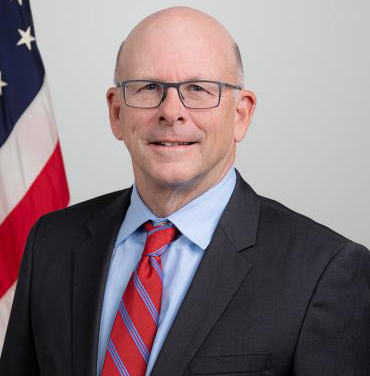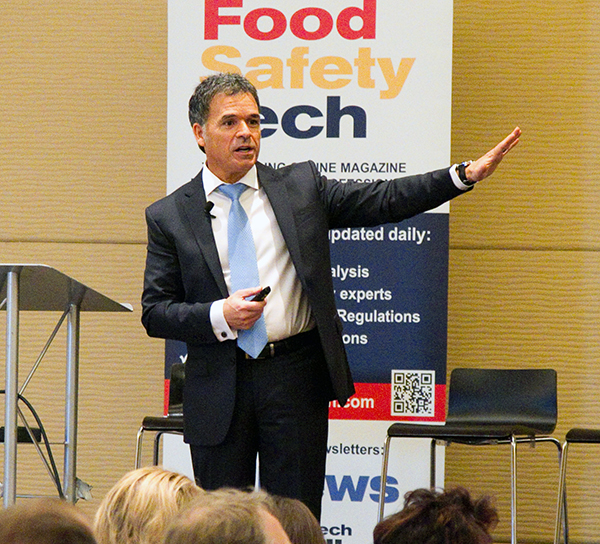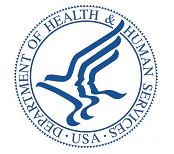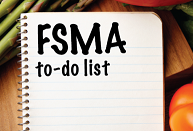

The head of the food division at FDA quit in protest over staff cuts that he warns will hamper the agency’s ability to protect public health.

The head of the food division at FDA quit in protest over staff cuts that he warns will hamper the agency’s ability to protect public health.

While prevention must always be our primary focus, if significant events do occur, I hope what we’ve done serves as the new playbook and expectation – conduct a proper and thorough root cause investigation to determine with specificity what happened, implement science-based and effective controls, and tell that public what you’ve done to prevent it from ever happening again. – Frank Yiannas

The Consumer Brands Association, which represents makers of ultraprocessed foods, issued a pointed statement, reminding Mr. Kennedy that they are the nation’s largest manufacturing employer, and that they would like to see aspects of the status quo remain in place.

In the dynamic and complex food industry landscape, the role of a food safety consultant is crucial. They provide expert guidance, advice, and assistance to ensure food safety, hygiene, and compliance with industry standards and regulatory requirements.

Finalists were selected in the categories of SQF Auditing and SQF Practitioner Leadership

Data-driven decision-making is revolutionizing food safety risk assessments, replacing guesswork with objective, measurable evidence. Predictive analytics, collaborative digital tools, and Industry 4.0 innovations all work together to empower professionals to identify and mitigate risks before they escalate. Clear, accurate risk assessments reduce cognitive bias and reinforce industry accountability.

Robert F. Kennedy Jr. battled his way through his second Senate confirmation hearing today but the Senate hearings focused Mr. Kennedy’s views on vaccination and did not touch on his food and agriculture ideas and plans. Kennedy is on record saying the public health establishment is too focused on infectious diseases and wants to redirect resources toward issues he characterizes as the chronic disease epidemic, including obesity, diabetes, autism and mental illnesses. He blames them on corporations including food companies for producing highly processed, non-nutritious food using harmful pesticides and additives.

Eskin, a respected leader in food safety, most recently at the U.S. Department of Agriculture (USDA), has a long track record of food safety advocacy. Throughout her career, Eskin has worked on a broad range of food safety, consumer protection, and public policy issues.
Food Safety Tech and the American Frozen Food Institute (AFFI) are excited to announce that the 2025 Food Safety Consortium will be held at the Crystal Gateway Marriott in Arlington, Virginia, from October 19-21. The 2025 event will focus on the convergence of policy, science, and best practices. With the conference being held near Washington, D.C., this year will place a renewed emphasis on policy discussions, reflecting the growing need to address regulatory and legislative issues. The program will also prioritize the sharing of best practices, offering attendees the chance to learn from one another and engage in collaborative problem-solving on hot-button issues.

Preparing for FSMA 204 requires a multifaceted approach that combines technology, data standardization, and employee engagement. By investing in solutions that streamline reporting, enhance data consistency, and bring employees along through training and education, F&B companies can position themselves for success. These actions will help ensure compliance with FSMA 204 and lead to more efficient, transparent, and resilient supply chains, ultimately improving food safety for consumers.